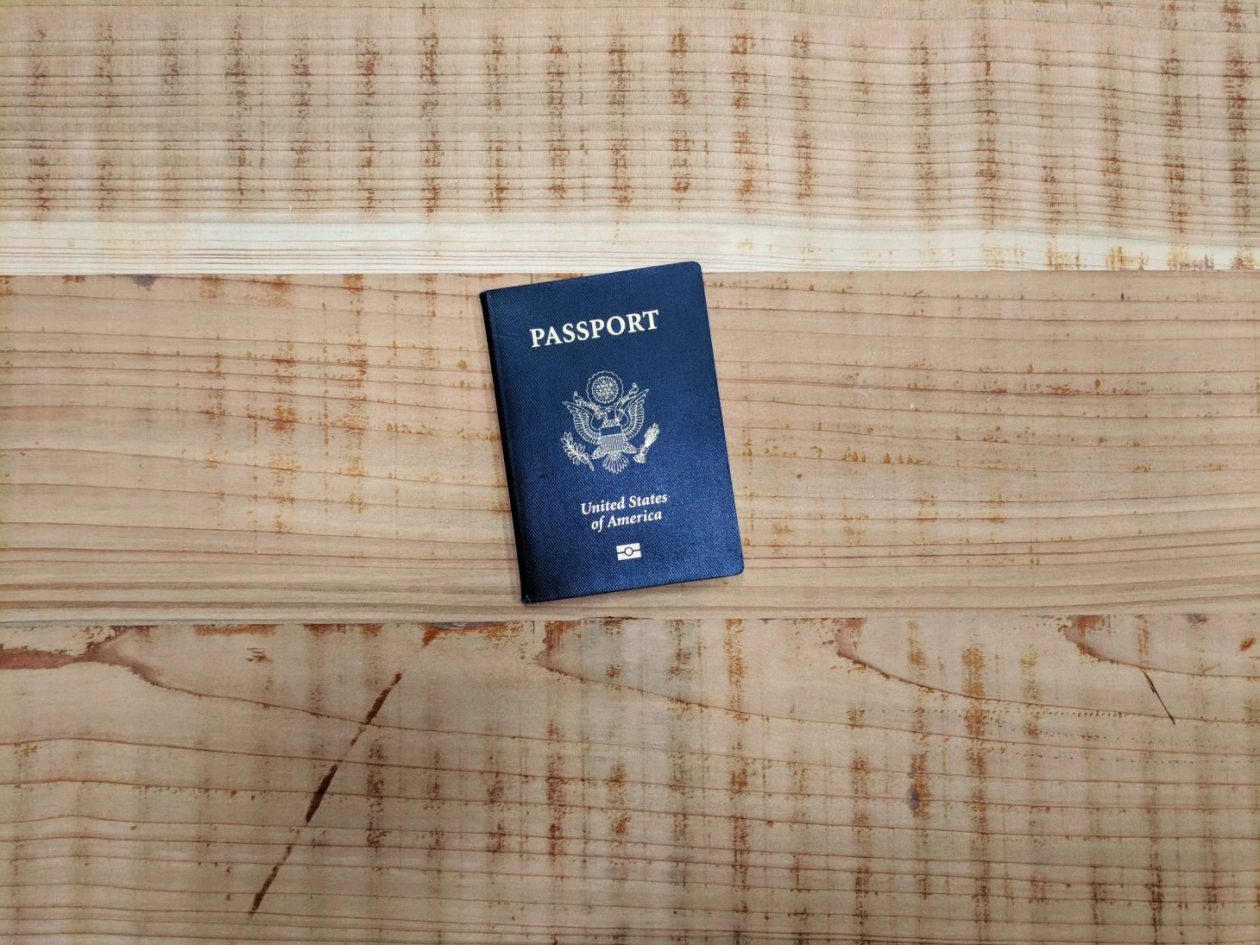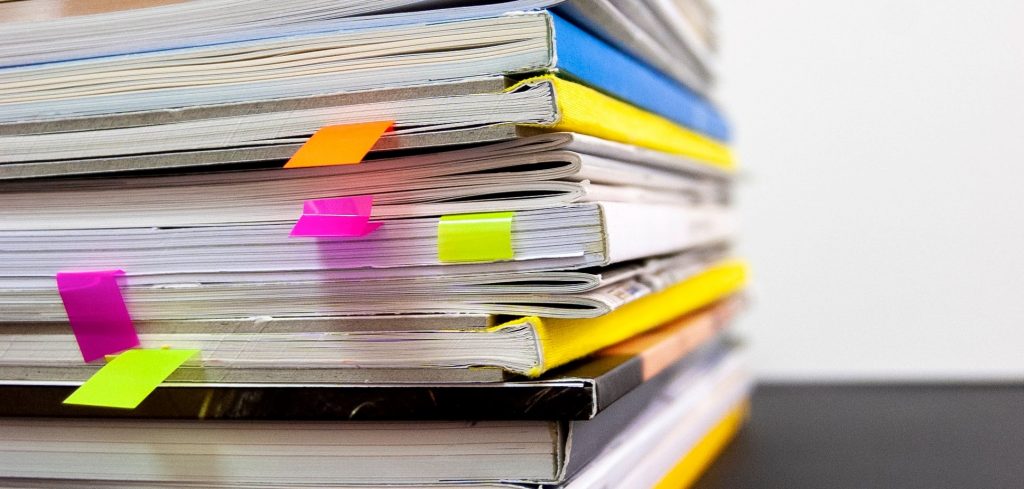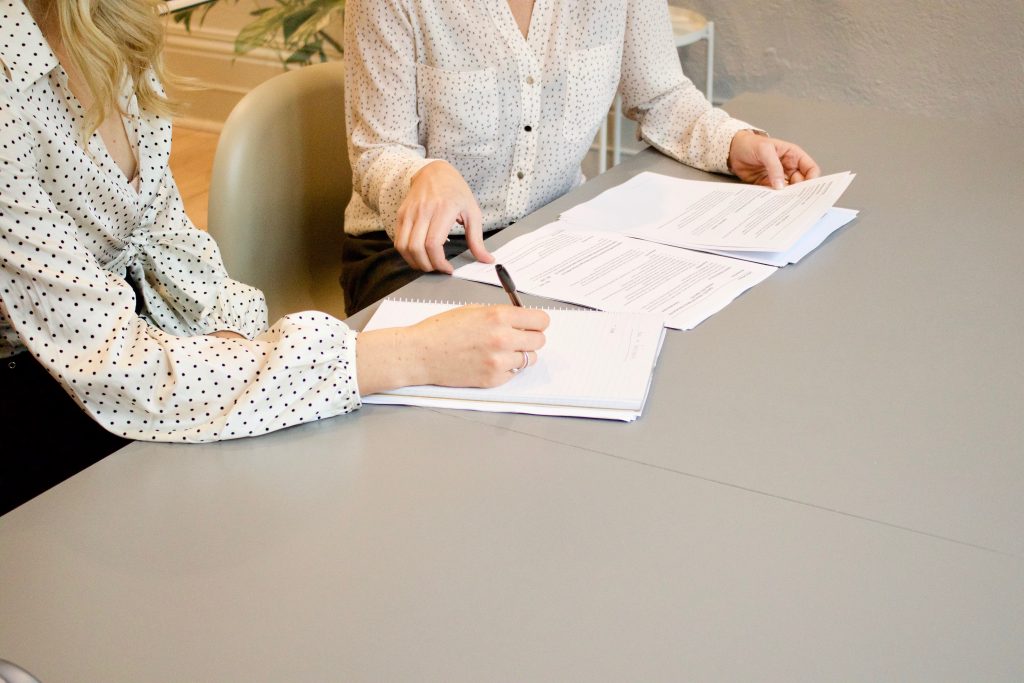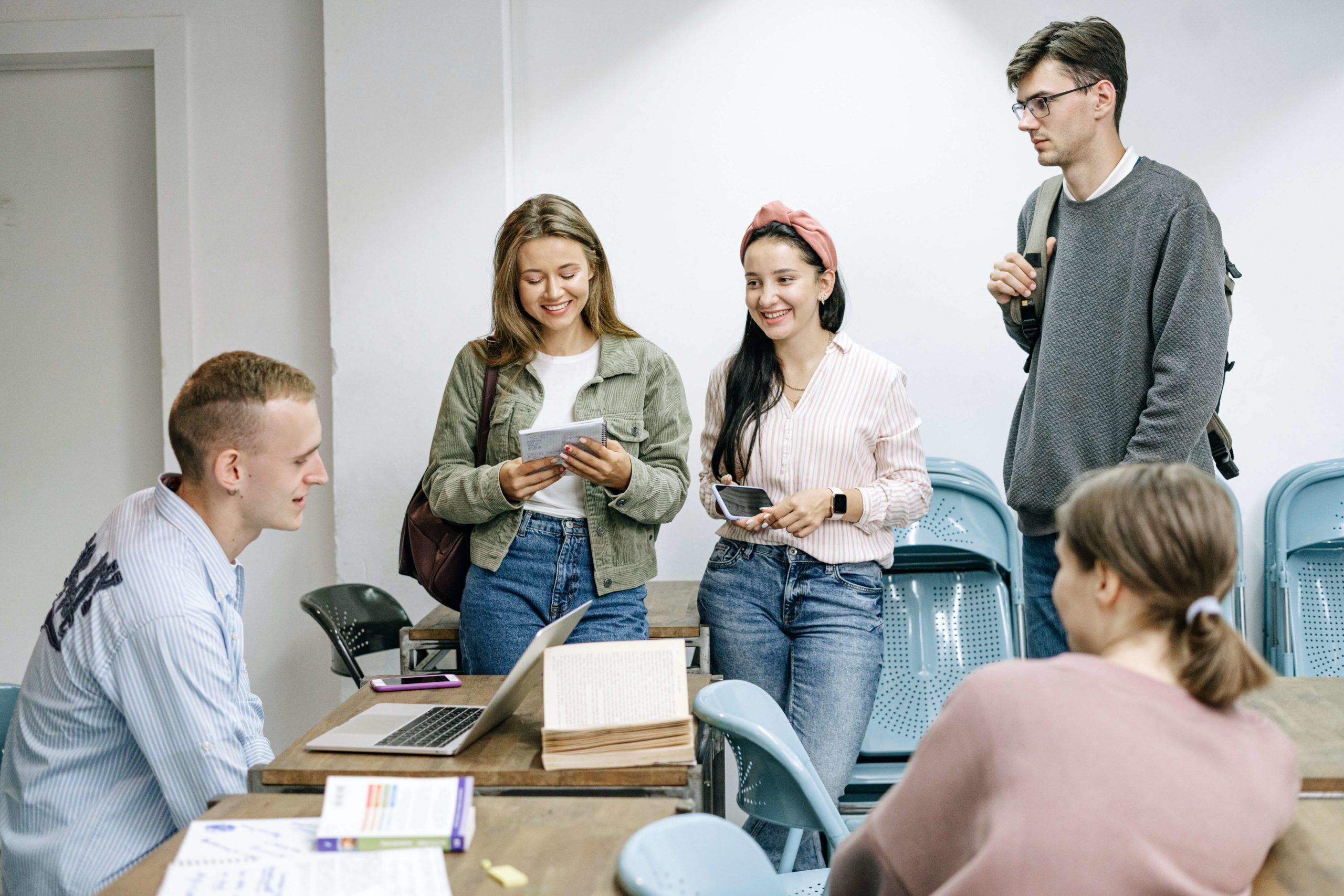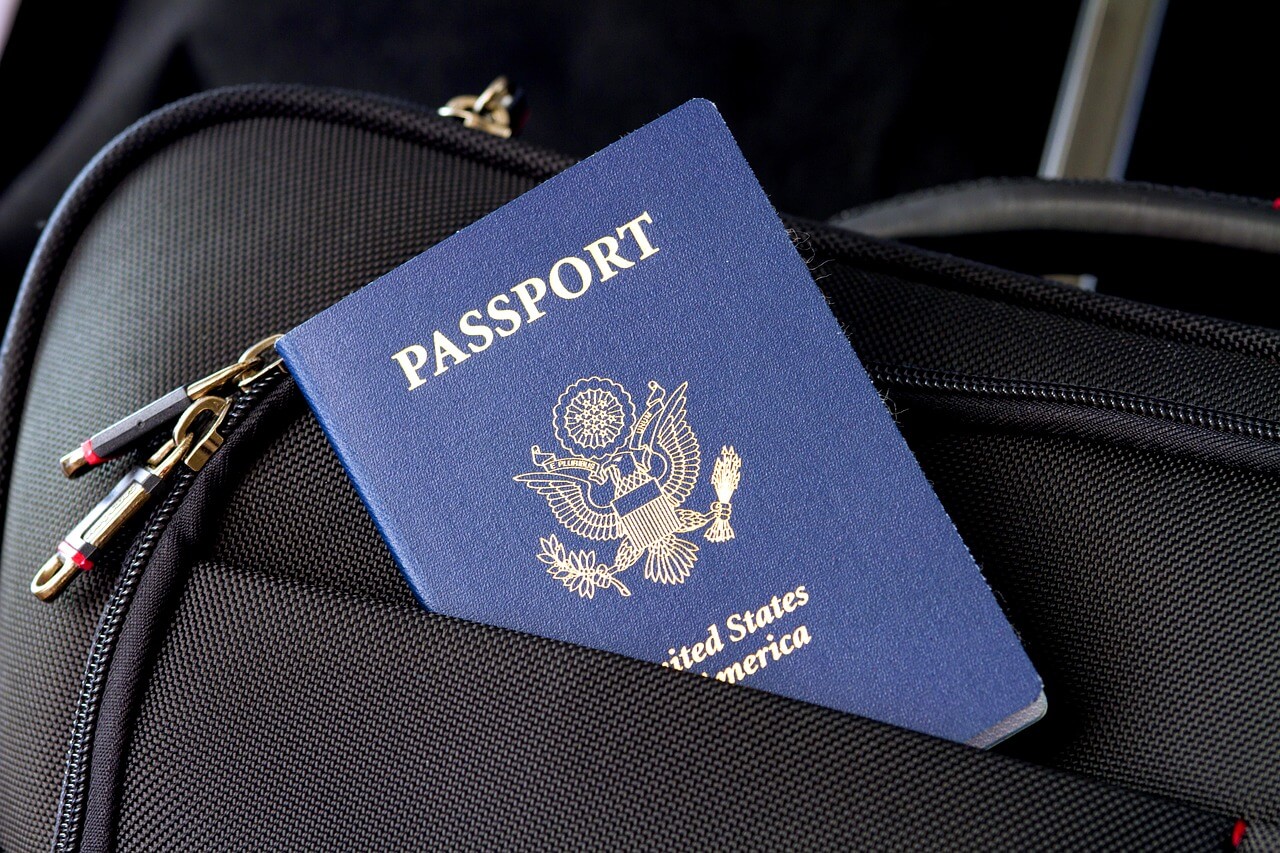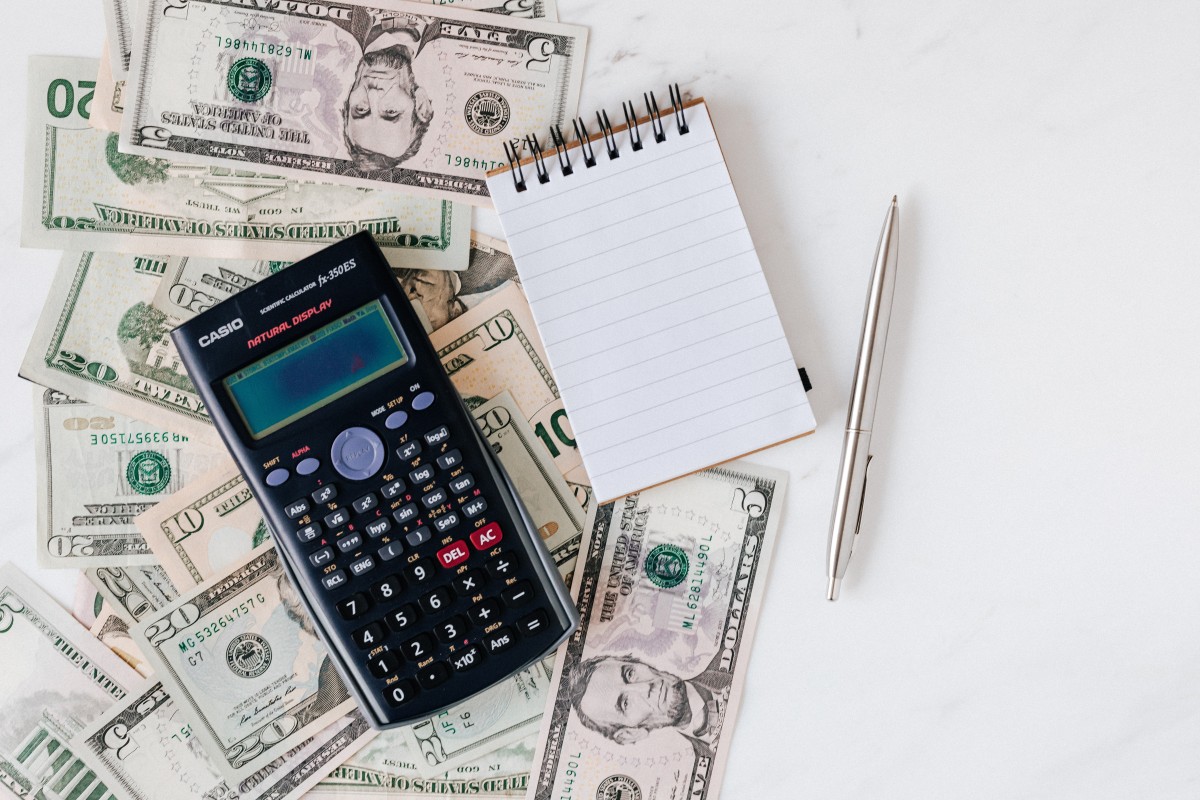The US is an incredibly sought-after destination for international students. Although it’s common knowledge a student visa is a requirement if you want to study in the US, prospective students are often confused about what it takes to get a student visa.
These are the most frequently asked questions regarding U.S student visas. If you are interested in how the application process goes, what the required documents are, and what questions to expect on the visa interview, read on below.
What Are the Types of U.S. Student Visa?
Your course of study, the type of school you plan to attend, and your eligibility determine what type of visa you need to apply for. These are three of the most common visas that international students get.
F1 Student Visa
The F1 student visa allows you to stay in the United States as long as you have student status. The F1 visa is for students who wish to reside in the United States to attend a university in an undergraduate or graduate program. To maintain the F1 visa, you must be registered in full-time studies at your U.S. educational institution.
J1 Exchange Visitor Visa
J-1 Exchange Visitor Visa is for students, academics, or lecturers who want to pursue an exchange program in an American educational institution. These programs can be 10-month training, fellowships, or anything of the sort. A J-2 may enter the United States with their J-1 spouse or parent.
M-1 Non-Academic Student Visa
The M1 visa applies to students who wish to study in American vocational or specialized schools. That means you cannot enter as an M1 to study without a determined program; your program must be specific, and you need to be involved in a full course of study. Students must not overstay their visit; as a result, the M1 visa gets time-stamped upon entering the US.
Which Are the First Steps in the Visa Application Process?
Acceptance from U.S. University
Apply to a SEVP-approved school, and if you get accepted, you will be registered for the Student and Exchange Visitor Information System (SEVIS). The SEVP-approved school will issue you a Form I-20 (an official U.S. Government form, issued by a certified school).
Bay Atlantic University offers the very best in higher education programs to the US and international students. BAU has always welcomed students and faculty from all over the world and provides support to their undocumented students by upholding certain commitments. Undergraduate and graduate programs are taught by first-class professionals.
Apply at a U.S. Embassy or Consulate
After you receive the Form I-20 and register in SEVIS, you may apply at a U.S. Embassy or Consulate for a student visa. You must present the Form I-20 when you attend your visa interview.
How Early Should I Apply For My Student Visa?
You can apply for your student visa as soon as you have your I-20. To ensure you get an early date, you are encouraged to apply as early as you can. However, a student visa may be issued up to 120 days before the start date mentioned on your I-20.
U.S. Student Visa Interview: How Does the Process Go?
There are several steps to apply for a visa. The order of these steps and how you complete them may vary by the U.S. Embassy or Consulate. For detailed and accurate information, read the instructions on the embassy’s or consulate’s website.
The interview process consists of providing the required documents and a usually 10-minute-or-less interview with your interviewer. These are the mandatory, academic, and other additional documents you need to provide.
Complete the online visa application
You must complete the online visa application, print the application form confirmation page to bring to your interview, and upload your photo while completing the online form.
Schedule an interview
You can schedule an appointment for your visa interview at the U.S. Embassy or Consulate in the country you live in. Interview waiting time may vary on the area you live in, the time you apply, and the visa category you are eligible for, so you should apply for your visa as early as possible.
Pay the non-refundable visa application fee
You will have to pay the visa application fee before your interview. If your visa is approved, you are required to pay a visa issuance fee, if applicable to your nationality.
Mandatory Documents
- Copy of the interview appointment letter
- DS-160 Confirmation
- Original, Axis or Bank VISA fee receipt (Applicant’s Copy)
- Original I-20, approved and signed by you and the University authority
- SEVIS Fee Receipt
- Passport
- Birth Certificate
Academic Documents
- Transcripts, diplomas, degrees, or certificates from schools you attended
- Original Extracurricular/curricular activity certificates
- Copies of your research work/project
- Relevant test scores, e.g. TOEFL and SAT, GRE, GMAT, or LSAT in Original.
- Resume
Additional Documents
- Original Evidence of financial resources, for example, how you will pay all educational, living, and travel costs.
- Sponsor’s Original Bank statements for the past six months (savings account)
- Original Financial Aid Offer Letter from the university to which you are going to
- Receipt of any advance payment made to the university
Student Visa Interview Questions: What to Expect?
✅ Request information on BAU's programs TODAY!
These are some of the general questions an interviewer will ask. Answer truthfully and confidently and on only the questions you are asked. Usually, they will let you know when your interview is done or some hours later depending on your location. Most of the following questions are aimed at F1 student visa applicants.
Questions about your study plans
It is important for the interviewer to know that your focus is your education and that you are determined to finish your education in the US.
- Why are you going to the US?
- What will you specialize in for your degree?
- What will be your major?
Questions about your university choice
It will be important for you to show the interviewer that you did thorough research and took time and careful consideration into choosing a university that will best benefit your future.
- What made you decide on your university of choice?
- How many colleges did you apply to?
- How many schools did you get admitted to?
- How many schools rejected you?
- Have you been to the US before?
Academic-related questions
These questions are to be expected for a student visa and providing honest and confident answers is crucial.
- What are your test scores (GRE, GMAT, SAT, TOEFL, IELTS)?
- What was your previous GPA?
- How will you manage the cultural and educational differences in the US?
- How good is your English?
- Why do you want to pursue a degree in the US?
Questions about your financial status
This is the most important piece of obtaining your F1 visa. Regardless of your academic qualifications, you cannot be awarded an F1 student visa without the means to finance your education.
- What is your monthly income?
- What is your sponsor’s annual income?
- How do you plan to fund the entire duration of your education?
- How much does your school cost?
- How will you meet these expenses?
- Who is going to sponsor your education?
Questions about your after-graduation plans
It will be important for you to prove that you have ties and obligations, including family, property, or a job offer, that will lead to your return to your home country.
- Do you have a job or career in mind after you graduate
- Do you plan on returning back to your home country?
- What are your plans after graduation?
All these steps may be overwhelming and time-consuming, but if you are determined to study in the U.S, it will all be worth it. If you are an international student interested in finding a college that offers programs of your interest check out our Bachelor, Master, and MBA programs. For any additional information, we encourage you to contact us at any time.
